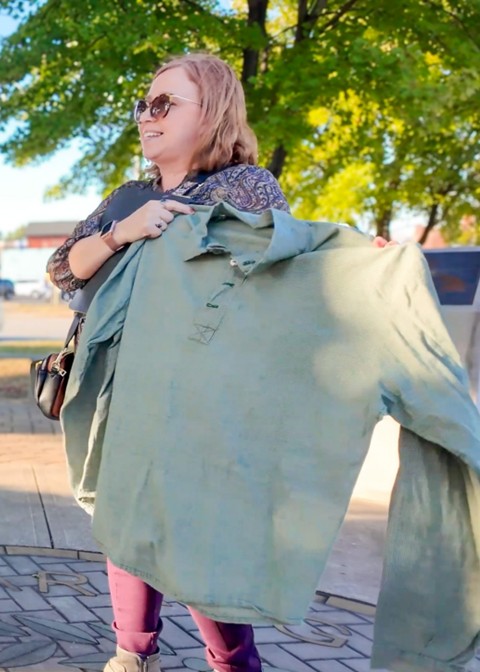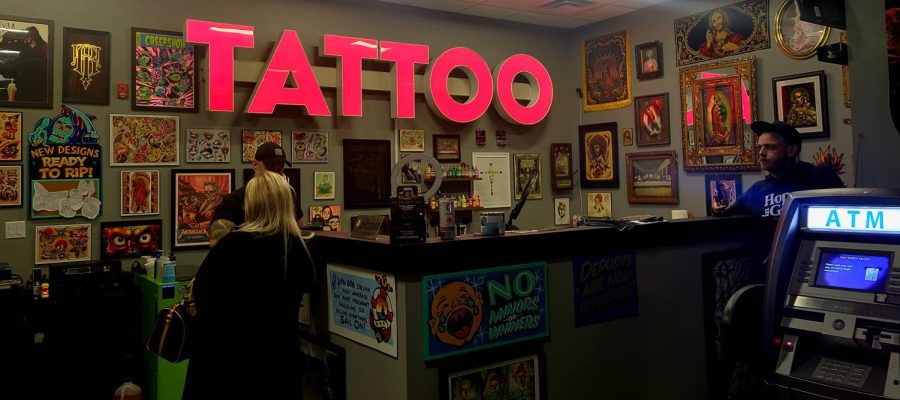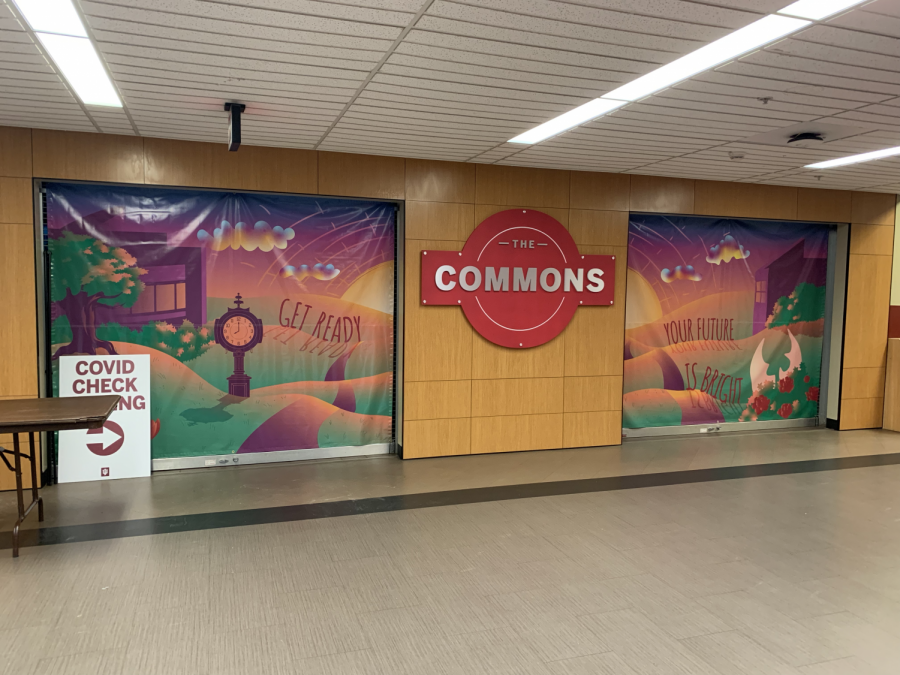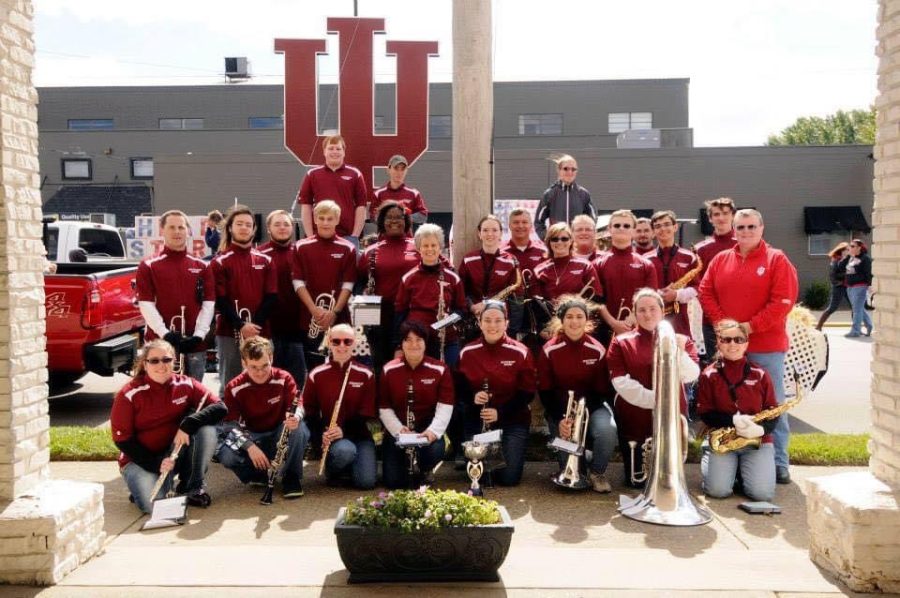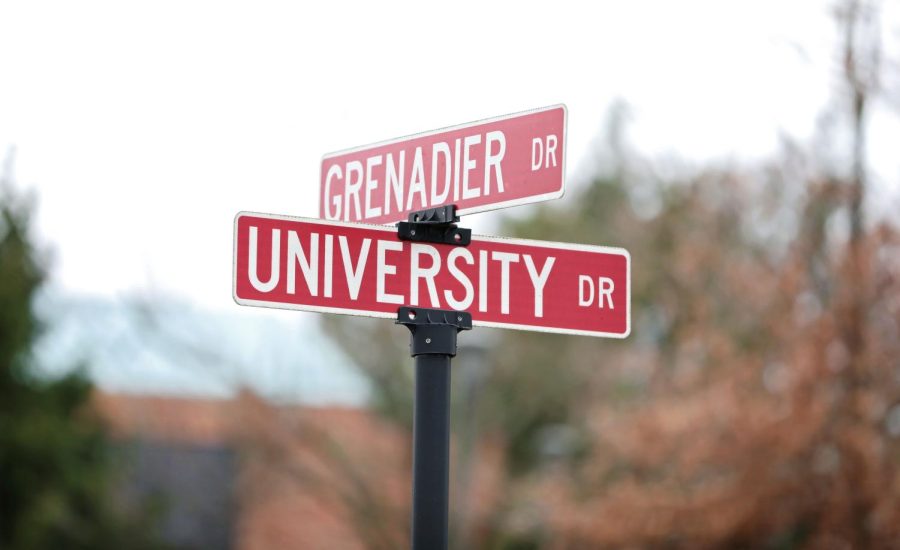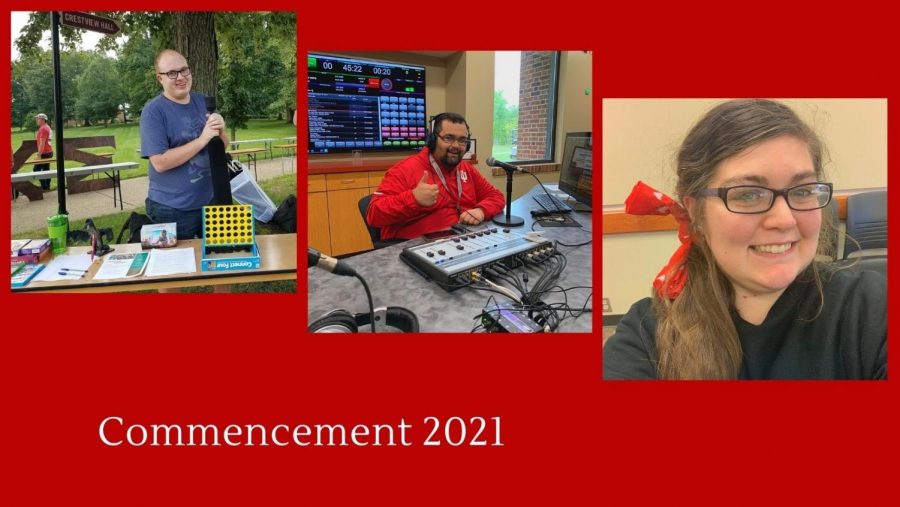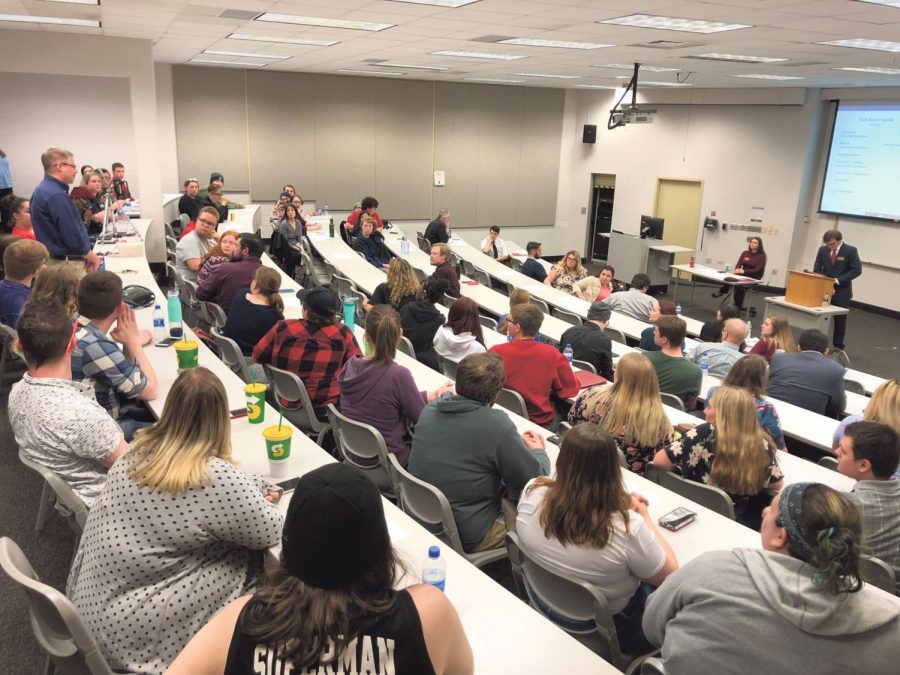Every year college students face stressors that come from their class work, personal lives and jobs. These pressures can be overwhelming to some students. The stress can sometimes lead to falling behind in course work and difficulty managing everyday life.
Nicholas Moore, management junior, was getting overwhelmed with stresses from life on and off campus. He noticed symptoms of clinical depression appearing, and they were affecting his studies.
One of his close friends suggested that he see the IU Southeast personal counselor. Moore called the Personal Counseling Services 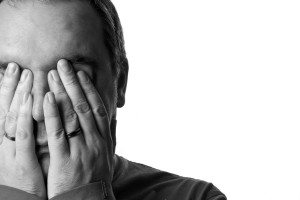 and made an appointment for the next week.
and made an appointment for the next week.
The day came for Moore’s appointment, but he didn’t go.
“It was nerve wracking,” Moore said. “I missed the first one because I was so scared to go. That’s a little embarrassing to say, but in hindsight, that was the reality.”
At that point, Moore said his depression symptoms had gotten very bad. He had lain in bed for two days in a row, missing the appointment and classes. A few days later he called Personal Counseling Services to let them know what had happened. To his surprise, they set up an appointment for him to come that day, due to the severity of the symptoms he was describing.
Sadly, this ideal situation at IU Southeast does not mirror the rest of the nation’s colleges.
According to a study by the University of Michigan, more than one third of all college students suffer from at least one form of mental illness during their time in college. This has caused the demand for student counseling at colleges to be higher than ever, and because of this, many universities are struggling to meet that demand.
While IU Southeast is able to accommodate its student needs at the moment, increasing numbers of those seeking services could prove problematic.
Many universities are seeing a rise in students with more severe mental illnesses, a study published in the journal Qualitative Social Work found. This study, which interviewed multiple administrators from college counseling and mental health centers across the United States, found that more students with mental illness are able to attend and be successful in college because of the availability of medications that effectively treat their illnesses.
One of the administrators mentioned in the study said he believed many of these students might not have been able to go to college without the advances in medication during the past 20 years. As a result of this, the administrators found that more students are in need of specialized mental health care from the counseling facilities.
Additionally, the stigma attached to seeking mental health care has lessened in recent years. This has caused students with less severe mental health issues to be more open to seeking professional counseling from their school.
With the influx of students needing long-term specialized care, many of these institutions are struggling to keep up with the demand for mental health services, citing a lack of funding, staff and space as being the biggest problems that they are facing. The administrators surveyed reported that this has left their counseling staff feeling overwhelmed and ill-prepared.
Considering the growth in demand for personal counseling, IU Southeast is doing really well, said Michael Day, director of Personal Counseling Services.
Day has been the director of Personal Counseling Services since the position was created in 2008. Prior to this, IU Southeast had a part-time counselor. With the addition of the residence halls and recent events like the shooting at Virginia Tech, it was decided that IU Southeast needed a full time student counselor, Day said.
Students say they have benefited from having that help nearby.
“My main problem that I would talk to him about was, I can’t focus to do my homework and I have no motivation,” Jessica Marsh, mathematics and fine arts junior said, about her visits to the Personal Counseling Center.
Marsh was referred to the Personal Counseling Service after speaking to one of her professors about the difficulties she was having.
“Setting up the appointment wasn’t difficult at all,” Marsh said. She said she called the Personal Counseling Service offices, and they were able to work around Marsh’s schedule to arrange an appointment within the week.
During her three sessions with a personal counselor, Marsh said she was able to set herself in the right direction.
Dylan Kidwell, English freshman, said he was experiencing depression and anxiety problems that he felt he couldn’t sort out by himself. So, he sought out the counseling service on his own.
“You never really what to expect when you go to a counseling session or even set it up,” Kidwell said.
After several appointments, Kidwell said the counseling service has been extremely helpful, even referring him to a local psychiatrist to provide him with the medication he needed to get back on his feet.
But IU Southeast may face some challenges in the future, according to Day.
“I do wonder if more students knew about the counseling available at IU Southeast if we would have a high increase in the demand for services,” Day said.
Day said that he wants the Personal Counseling Services to grow, hoping that they will be able to do more preventative outreach programs like pairing counselors with groups around campus, providing free mental health screenings and offering stress management classes for students.
With IU Southeast being a heavy commuter school, Day said that he feels like many students are not aware of the free counseling services available on campus. Adding that potential growth could call for the addition of another full-time counselor.
Even though their budget has been tight, Day said that they are doing really well for where the program is today.
When Moore arrived at the Personal Counseling Service office, he said he noticed how comfortable the room made him feel. The walls are soft earth tones, the seats are comfortable and there are no distractions or noises to be heard. It’s all very personal.
“The room sounded air-tight, in a good way,” Moore said. “The only sounds in the room are the two of us talking.”
Since then, Moore has been going to his appointments at the Personal Counseling Center. He said that counselors have helped him to keep things in perspective and look at things in different ways.
“It’s started a domino effect,” Moore said. “I’m starting to see everything a little bit differently.”

